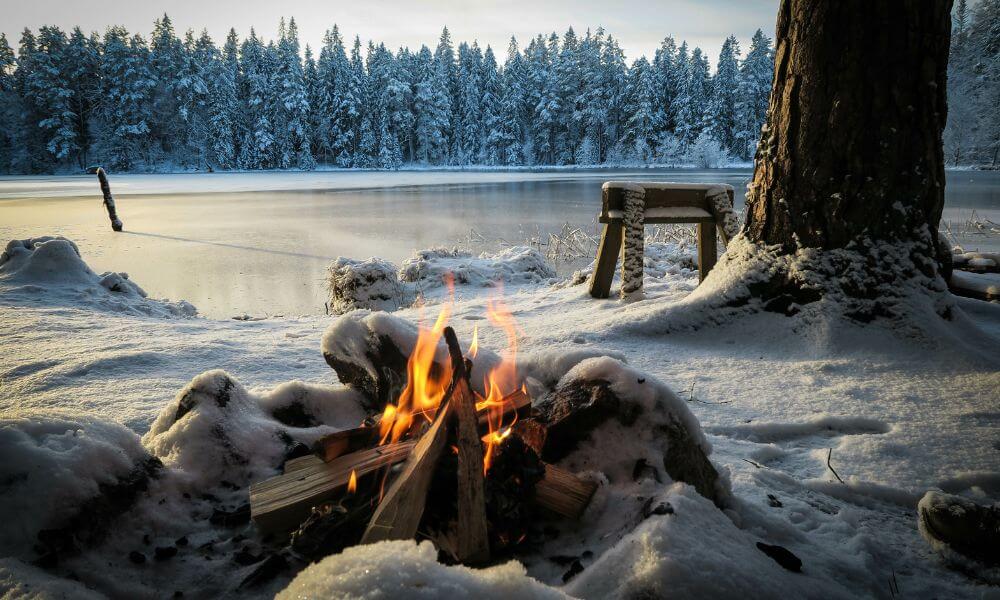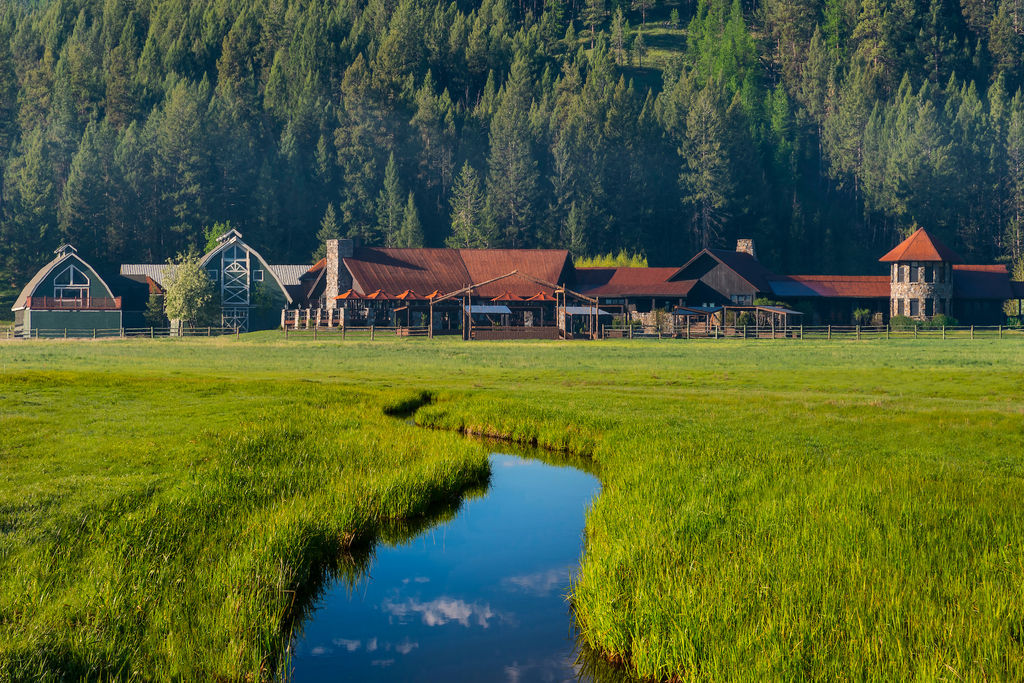Winter camping can be an exhilarating and rewarding experience, but it requires proper planning and preparation. With the right gear, mindset, and knowledge, you can enjoy the beauty and solitude of nature in its frozen splendor. Here are some tips and tricks for embracing the cold and making the most of your winter camping adventure.
1. Dress in Layers
The key to staying warm in winter is layering your clothing. Start with a moisture-wicking base layer, such as thermal underwear or long johns, to keep sweat away from your skin. Add an insulating layer, such as fleece or down, to trap heat and provide warmth. Finally, top it off with a waterproof and windproof outer layer, such as a parka or shell, to protect against the elements.
2. Use a Four-Season Tent
A four-season tent is designed to withstand the rigors of winter camping, with a sturdier frame, heavier fabric, and better insulation than a three-season tent. Look for a tent with a vestibule or mudroom to store wet or dirty gear, and a ventilation system to reduce condensation and improve air flow.
3. Invest in a Good Sleeping Bag
A high-quality sleeping bag is essential for staying warm and comfortable in cold weather. Look for a bag with a temperature rating lower than the expected overnight low, and consider a mummy-style bag with a hood to trap heat and prevent drafts. A sleeping bag liner can also add extra warmth and protection.
4. Bring a Stove and Fuel
Cooking and boiling water are essential tasks in winter camping, but a campfire may not be practical or safe. Bring a lightweight and reliable stove with plenty of fuel, and practice using it before your trip. Plan meals that are easy to prepare and require minimal cleanup, such as dehydrated or canned foods.
5. Stay Hydrated
Dehydration can be a serious risk in cold weather, as your body loses moisture through respiration and sweat. Drink plenty of fluids, even if you don’t feel thirsty, and avoid alcohol and caffeine, which can dehydrate you further. Store water bottles upside down to prevent freezing, or use an insulated hydration system.
6. Stay Active
Physical activity generates heat and keeps your body warm, so plan activities such as hiking, snowshoeing, or cross-country skiing during the day. Take breaks and stretch regularly to prevent muscle stiffness and cramps, and avoid sweating excessively, which can lead to chills and hypothermia.
7. Be Prepared for Emergencies
Winter camping can be unpredictable, with sudden storms, whiteouts, or injuries. Carry a first-aid kit, a map and compass or GPS, a whistle or signaling device, and extra supplies such as food, water, and warm clothing. Tell someone your itinerary and expected return time, and check weather and trail conditions before you leave.
Winter camping can be a challenging and rewarding experience, but it requires careful planning, preparation, and respect for the environment. With the right gear, knowledge, and attitude, you can enjoy the beauty and solitude of winter and create unforgettable memories. Embrace the cold, and discover a new world of adventure.




